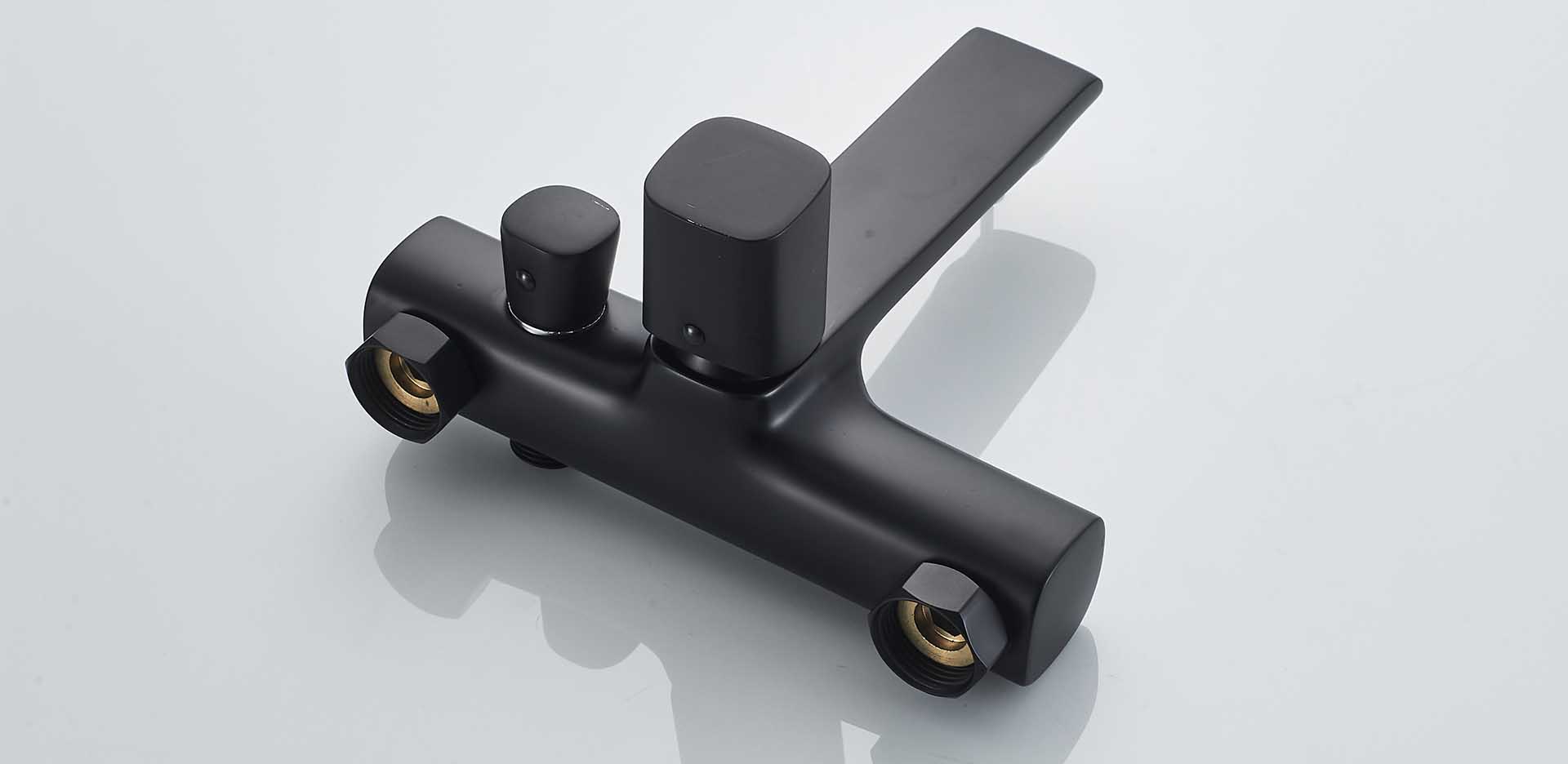Turns out, plants don't need anything fancy.
Linda Raymond Photography/Getty Images Faucets

Watering plants is kind of a complicated situation—figuring out the best time to do so and how much they need are guessing games all plant parents are deeply familiar with. But the fun doesn’t end there, because the type of water you give your houseplants may matter too.
Knowing that some municipalities warn against drinking unfiltered tap water, it makes you wonder: Can you really use that same water on your leafy pals? We asked a horticulturist to confirm how bad it is to shower your houseplants with tap water.
Justin Hancock, horticulturist at Costa Farms
According to Justin Hancock, a horticulturist for plant retailer Costa Farms,which grows more than 1,500 varieties across 5,200 acres, it’s perfectly fine to use tap water in most areas. He adds though, “It’s rare, but in some communities, there may be higher amounts of fluoride than some fluoride-sensitive plants (Calathea, Spider Plant, Dracaena, etc.) like. But even if you happen to live in one of these areas, you can ‘dilute’ your tap water with rain water, distilled water, bottled water, etc. to bring the fluoride concentrations down to acceptable levels.”
If you’re wondering what your fluoride levels are, you can actually check through the Centers for Disease Control and Prevention—many states participate in the My Water’s Fluoride program, which discloses that information. If your state doesn’t, you can contact your community’s water provider directly.
If you don’t want to use tap water, for safety reasons or otherwise, Hancock recommends diluting your tap water with rain water, bottled water, or distilled water, rather than using one of these sources almost exclusively. (Unless, of course, you have easy access to enough rain water by way of rain barrels that collect water runoff from your roof.)
“Chlorine has a reputation for harming houseplants, but it’s largely a myth,” Hancock says. He explains that in most municipalities, the amount of chlorine used is far below the threshold for causing plant damage.
There are many recommendations to leave tap water out overnight to let chlorine dissipate from the water. But Hancock says, “Many communities now treat their water with a form of chlorine that doesn’t dissolve, so there’s no need to leave your water out.” So one less thing you need to worry about!
Hancock says it may matter—softened water is typically treated with sodium, and over time, it can accumulate in your plant’s soil leading to wilted foliage and stunted plant growth. (Hancock suggests regularly flushing your soil with non-softened water to prevent this from happening.)
He also points out that hard water may have a higher pH than some houseplants prefer and “repeated use of it can potentially increase pH of your plant’s potting medium.” That being said, he also recommends diluting or flushing soil periodically in this situation as well.
Wanna check your water’s hardness levels? Again, you can check with your community’s water provider to confirm, but there are at-home testing strips available. Though, their accuracy is debatable—the most reliable, albeit less convenient, method is to send samples to a lab.
“Outdoors, softened or hard water is less of a concern because rainfall helps move sodium and other minerals through the soil (including those that can affect pH),” Hancock says.

Taps For Wash Basin Hancock says that rainwater is usually considered the best because it’s natural, but “in the vast majority of places, tapwater, rain water, bottled water, etc. are all perfectly fine. Making sure you’re not using too much or too little water on your houseplants is far more of an issue than the type of water itself.”